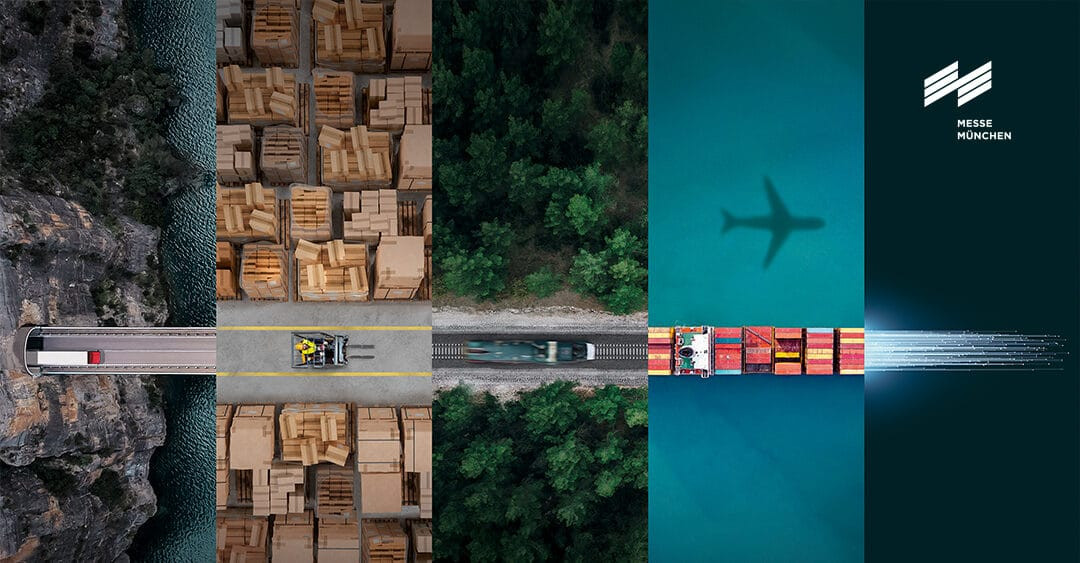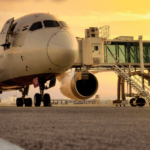The logistics industry has always been about movement – to promote goods, ideas and economies. But in 2025, the focus shifted to move quickly, adjust faster and stay before the disruption. With economic uncertainty, geopolitical tension and digital transformation reform of supply chains, Transport Logistic 2025 is one of the most critical operational events in years.
At a recent press conference, Robert Schoenberger, director of transport logistics exhibitions at Musse Munich GmbH, set out which provides the opportunity for the opportunity, and more importantly, the urgent challenges that logistics professionals have to tackle.
Despite signs of economic slowdown in Europe, Transport Logistic 2025 will be the largest expense in its history, offering more than 2500 exhibitors from 70 countries over 150,000 square meters of exhibition space.
“Nine out of ten respondents in our global industry survey believe that long-term outlook is positive,” he said. “This reflects the resilience of logistics. The industry has always found a way forward, adapted to new challenges and to use emerging opportunities.”
Yet this optimism underlies a harsh reality. Supply chains have been moved under tremendous pressure, traditional trading patterns, and logistics providers must reconsider strategies to remain competitive.
The rapid expansion of e-commerce, high-value shipping and pharmaceutical logistics has placed air freight as an important driver of global trade. Transport Logistics 2025 will see its largest showcase Air Cargo Europe ever, which underlines the growing interest of the sector in modern supply chains.
“The air freight industry has seen significant changes, especially in the post-pandemic era,” Schoenberger noted. “More airlines and logistics firms acknowledge that flexibility and reliability in air freight are no longer optional but essential.”
With dedicated cargo fleets growing, investing in cool chain logistics expansion and AI-powered cargo management solutions that get traction, air freight develops faster than ever.
Geopolitical uncertainty
The world’s supply chain card is rewritten due to geopolitical shifts.
- The US China trading relationship remains fragile, giving businesses to diversify the acquisition, with Vietnam, India and Mexico appearing as strong alternatives.
- Trade sanctions and regulatory changes lead to the relocation of the supply chain and increased operational complexity.
- The War in Ukraine forced businesses to reconsider logistics in Eastern Europe, which led to an increase in demand for multimodal transport solutions.
“Every executive of the supply chain we are talking about is to re -evaluate their strategy,” Schoenberger said. “The focus is to shift from just-in-time efficiency to resilience and adaptability.”
For logistics providers, these geopolitical shifts ask for greater agility, alternative transport routes and improved risk management strategies.
The digital revolution
The logistics industry is engaged in a technological transformation, with AI and automation essential rather than optional.
However, with digital transformation, it comes to greater cyber risks.
- One -third of the logistics firms surveyed reported that they were experiencing cyber attacks, some that last more than a week.
- Cyber crime is now at greater risk of supply chains than traditional security threats such as cargo theft.
- AI and automation, while improving efficiency, introduces new vulnerabilities, which makes cyber security a priority in the industry.
“If logistics does not strengthen its cyber security, it can become the worst link in the world trade,” Schoenberger warned.
Transport logistics 2025 will place AI-powered logistics, automation and cyber security strategies at the forefront of discussions, which emphasize the need for companies to build safe, digitally advanced supply chains.
Sustainability
The focus on sustainability went from a theoretical discussion to an operational necessity. Businesses can no longer afford to postpone the environmental obligations, with regulatory pressure and expectations of clients who arrive immediately.
“The industry needs more than just future ambitions. Companies need practical, implementable solutions, and that’s exactly what we want to display at Transport Logistics 2025,” says Schoenberger.
Important sustainability trends include:
- The widespread acceptance of the carbon footprint technology.
- The increasing role of sustainable aviation fuel (SAF), despite production restrictions.
- The shift to green supply chains, with carriers prioritizing eco-friendly logistics suppliers.
Transport logistics itself takes a proactive approach to sustainability, eliminating rugs in exhibition halls and encouraging participants to reduce the opportunity -related emissions.
“No challenge is permanent in logistics,” Schoenberger concluded. ‘Each disruption is forcing new solutions. This is what we will see at Transport Logistic 2025 – an industry ready to find itself out again. ‘


